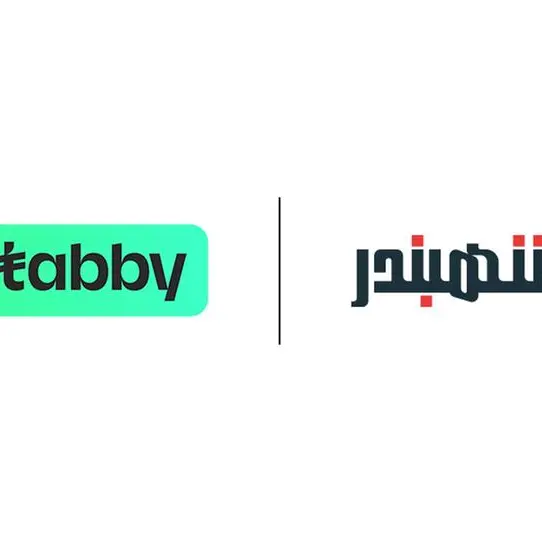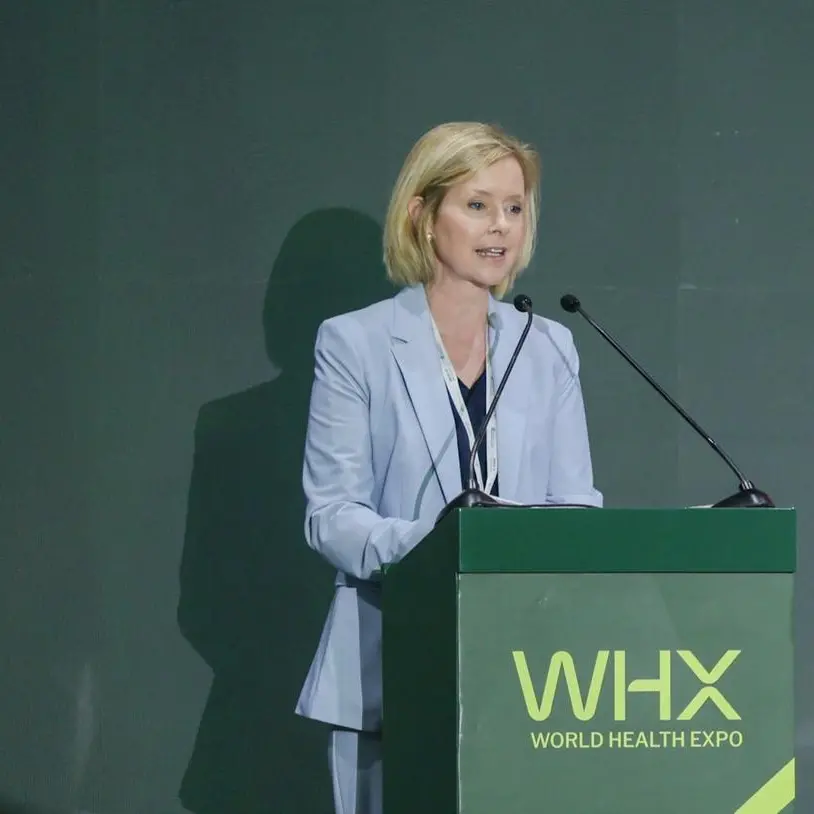Botswana has become the first high-burden country to be certified for achieving an important milestone on the path to eliminating mother-to-child transmission of HIV by the World Health Organization (WHO).
High-burden HIV countries are defined as those with more than 2% of pregnant women living with the virus. Botswana has achieved the “silver tier” status, which moves it closer to eliminating mother-to-child HIV transmission. WHO awards this certification to countries which have brought the mother-to-child HIV transmission rate to under 5 %; provided antenatal care and antiretroviral treatment to more than 90 % of pregnant women; and achieved an HIV case rate of fewer than 500 per 100,000 live births.
“This is a huge accomplishment for a country that has one of the most severe HIV epidemics in the world – Botswana demonstrates that an AIDS-free generation is possible,” said Dr Matshidiso Moeti, WHO Regional Director for Africa. “This groundbreaking milestone is a big step forward in ending AIDS on the continent and shows how visionary political leadership aligned with public health priorities can save lives. I look forward to other African countries also reaching this goal.”
Globally, 15 countries have been certified for eliminating mother-to-child HIV transmission. None of them had an epidemic as large as Botswana. The country’s feat to date on its journey to elimination is the result of a national response strategy spanning two decades. In 1999 and facing an HIV prevalence rate as high as 30%, Botswana initiated an aggressive programme to prevent mother-to-child transmission.
“Botswana’s pathfinding accomplishment demonstrates the remarkable progress that can be achieved when the needs of mothers living with HIV and their children are prioritized,” said Winnie Byanyima, UNAIDS Executive Director. “Children are among the groups left furthest behind in the HIV response. Addressing this inequality and preventing new HIV infections in children is critical if we are to end AIDS. Political commitment, strong leadership and the hard work of dedicated health care workers and communities in Botswana have delivered impressive results.”
Women living with HIV who do not receive antiretroviral (ARV) medicine have a 15–45% chance of transmitting the virus to their children during pregnancy, labour, delivery or breastfeeding. That risk drops to less than 5% if treatment is given to both mothers and children throughout the stages when transmission can occur. Botswana quickly achieved national ARV coverage before going on to implement increasingly effective regimens, following WHO guidance.
In 2013, Botswana became one of the first countries in the world to implement the so-called ‘Option B+’, a plan for treating all pregnant and breastfeeding women living with HIV with a highly effective lifelong triple antiretroviral treatment regimen at the time of diagnosis.
Mohamed Fall, UNICEF Regional Director for Eastern and Southern Africa, asserted that the country’s progress could serve as an example for others.
“We applaud Botswana for this remarkable achievement, which serves as inspiration to other countries in Eastern and Southern Africa,” said Mr Fall. “The progress on prevention of mother to child transmission of HIV in this region is truly a public health success, with more than 1.7 million new infections in children averted since 2010. We look forward to congratulating other countries very soon and continuing the journey to full and sustained elimination over time.”
The global validation criteria and processes date to 2015, when UNAIDS, UNICEF, WHO and other partners created the Global Validation Advisory Committee to standardize the measurement of achievements for eliminating mother-to-child transmission of HIV and syphilis. In 2017 and in recognition of the achievements made by countries with a high burden of HIV that were demonstrating significant and sustained reductions in the mother-to-child transmission rate, new Path to Elimination criteria were introduced. The elimination agenda has broadened to a “triple elimination” of mother-to-child transmission of HIV, syphilis and hepatitis B.
Botswana is now updating its guidance regarding syphilis and will expand its elimination objectives moving forward.
Distributed by APO Group on behalf of WHO Regional Office for Africa.
© Press Release 2021
Disclaimer: The contents of this press release was provided from an external third party provider. This website is not responsible for, and does not control, such external content. This content is provided on an “as is” and “as available” basis and has not been edited in any way. Neither this website nor our affiliates guarantee the accuracy of or endorse the views or opinions expressed in this press release.
The press release is provided for informational purposes only. The content does not provide tax, legal or investment advice or opinion regarding the suitability, value or profitability of any particular security, portfolio or investment strategy. Neither this website nor our affiliates shall be liable for any errors or inaccuracies in the content, or for any actions taken by you in reliance thereon. You expressly agree that your use of the information within this article is at your sole risk.
To the fullest extent permitted by applicable law, this website, its parent company, its subsidiaries, its affiliates and the respective shareholders, directors, officers, employees, agents, advertisers, content providers and licensors will not be liable (jointly or severally) to you for any direct, indirect, consequential, special, incidental, punitive or exemplary damages, including without limitation, lost profits, lost savings and lost revenues, whether in negligence, tort, contract or any other theory of liability, even if the parties have been advised of the possibility or could have foreseen any such damages.


















